Mulk Raj Anand Biography
Mulk Raj Anand: Pioneer Indian author, known for realistic depiction of lower caste struggles. Internationally acclaimed for classic works.on Aug 23, 2019
.jpg)
Introduction
Mulk Raj Anand, prominent Indian author with hundreds of novels, short stories, and critical essays in English and is also considered as a founder of the English-language Indian novel. He is best remembered for his realistic depiction of the poorer classes of people in India. He was very familiar with the problems of the poorer sections. Mulk Raj Anand, born on 12 December 1905, in Peshawar, a prominent Indian writer primarily known for his concern for the low caste people in the Indian society and portrayed about their wretched lives. His father’s name was Lal Chand and Ishwar Kur was his mother. He was among those Indian English writers who gained an international readership. Anand produced various forms of literary art and creative writing such as novels and short stories which proved to be the classic works of Modern Indian English literature marked for the apperceptive perception into the lives of the oppressed. He studied at Khalsa College, Amritsar and graduated in 1924. Then moved to England where he attended University College London as an undergraduate and after that PhD in Philosophy from Cambridge University in 1929. Anand developed friendships with members of the Bloomsbury Group all this while. During his while away to Geneva, he used to lecture at the League of Nations’ School of Intellectual Cooperation.
Career
His writing career began in England where he used to publish short reviews in T.S. Eliot’s magazine, ‘Criterion’. Mulk Raj Anand’s literary career was an outcome of a family tragedy encouraged by the rigidity of the Caste System. After his aunt was excommunicated by her family for sharing her meal with a Muslim woman, she chose to suicide. Then in response to this incident he wrote his first prose essay. His first novel Untouchable, published in 1935, in which he revealed the miserable condition of the lives of India’s untouchable caste. And in this book, he incorporated the Punjabi and Hindustani idioms into English and was considered as the Charles Dickens of India. At the same time, he also supported freedom elsewhere around the globe and volunteered in the Spanish Civil War.
During the World War II he worked as a scriptwriter for BBC London and there he came into contact with George Orwell, who reviewed Anand’s novel The Sword and the Sickle (1942) and remarked that “although Mr Anand’s novel would still be interesting on its own merits if it had been written by an Englishman, it is impossible to read it without remembering every few pages that are also a cultural curiosity,” adding that “the growth of an English-language Indian literature is a strange phenomenon.” He always picked up issues from the ‘India’s social structure’ and on ‘British rule in India’.
Works and Awards
After returning to India in 1946 Anand continued with his enormous literary output like poetry and essays on a wide range of subjects, as well as autobiographies, novels and short stories. Among his novels The Village (1939), Across the Black Waters (1939), The Sword and the Sickle (1942), were written in England; and Coolie (1936), The Private Life of an Indian Prince (1953), The Road (1961) were probably the most important works written in India. He painted himself on a memoir named Seven Summers (1951), which contained seven parts and for one part Mulk Raj Anand won the Sahitya Akademy Award called ‘Morning Face’ (1968). A literary magazine, ‘Marg’ was founded by him. Anand taught in many Universities. He worked with International Progress Organization (IPO) on the issue of cultural self-comprehension of nations in the 1970s. He was honoured with the Padma Bhushan, India’s highest civilian Award in 1967 for his vast contributions towards the field of Literature and Education.
Death
Mulk Raj Anand, the pioneer of Anglo-Indian fiction, died of pneumonia at the age of 98 on 28 September 2004, in Pune.



.jpg)






.jpg)

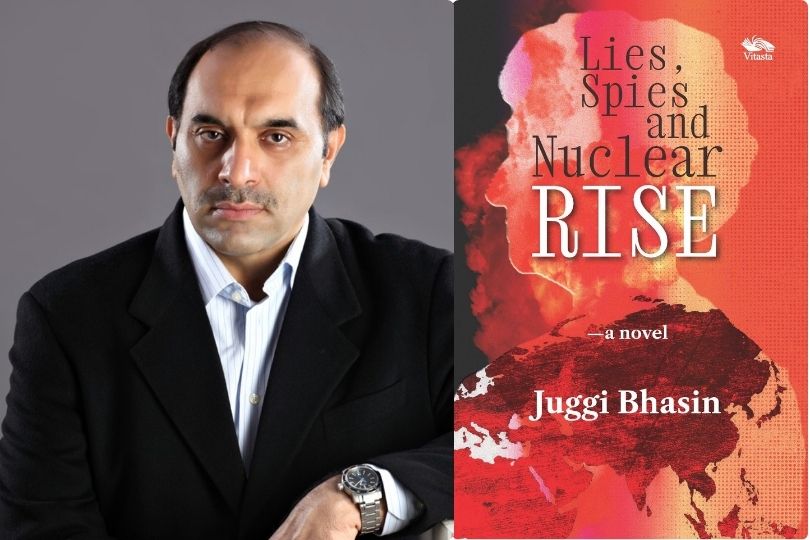
.jpg)
.jpg)
.jpg)
.jpg)
.jpg)

.jpg)

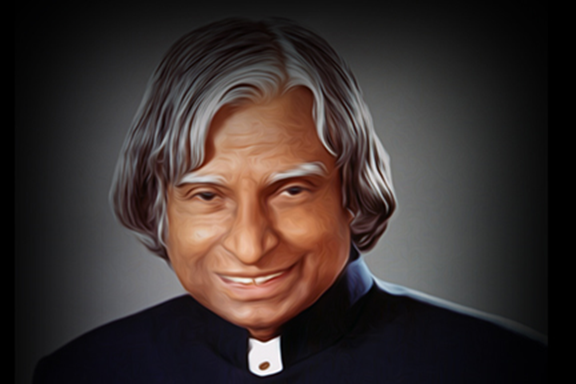
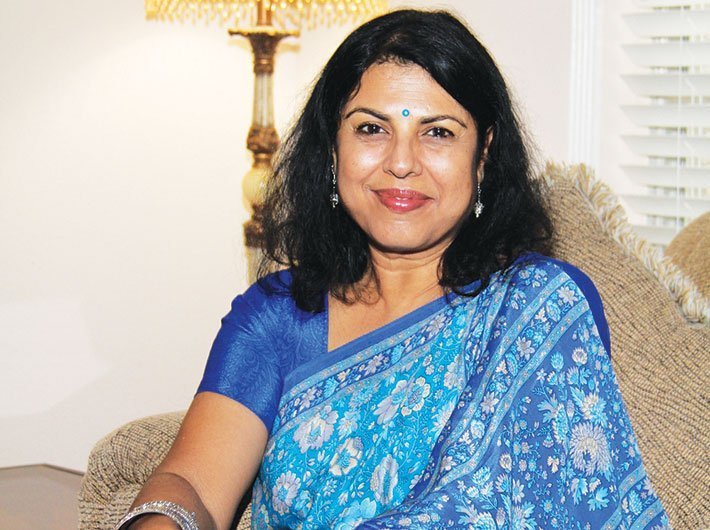
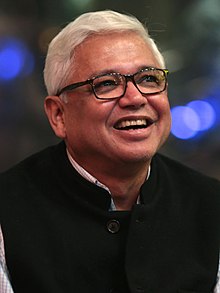
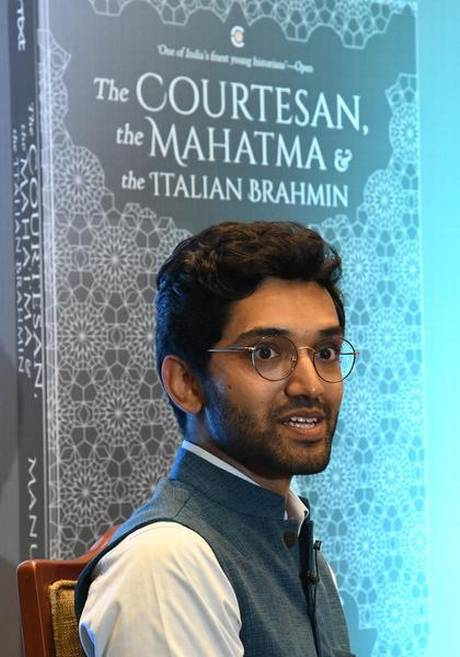





Sorry! No comment found for this post.